View our Guide How to Build a Marketplace in 10 weeks x


In 2022, the global e-commerce market witnessed a sales volume of $5.5 trillion, with the top 100 marketplaces accounting for 63% of online sales. The prominence of online sales through marketplaces is expected to continue expanding, potentially reaching $8.8 trillion by 2025. This growth underscores the increasing importance of e-commerce and marketplace platforms in shaping consumer behavior and business strategies worldwide. As the market is growing, let’s explore the concept of an online marketplace and how to develop one in 2024.
Since the marketplace falls under an e-commerce category, it is often confused with an online store. Let’s explain the difference. An e-commerce platform is managed by a single vendor, where only a website owner decides which products to sell. Although users can buy goods, they still can’t register as vendors.
Thus, an online marketplace provides functionality that an e-commerce website can’t offer. That is why e-commerce CMS platforms like Shopify, OpenCart, and WooCommerce are great for developing an online store. However, they are not a great fit for building an online marketplace.
A marketplace is an online shopping platform where many sellers offer their products or services, and the website handles the buying process. It's like a digital mall with various vendors selling items.
Artists, mechanics, car renters, or booksellers all can become vendors via a P2P marketplace. All it takes is a simple registration, creating a product listing, and uploading the items for sale. Vendors can easily become buyers, and vice-versa.
Online marketplaces can cater to various transaction types, such as B2B (business-to-business), B2C (business-to-consumer), or C2C (consumer-to-consumer). Prominent examples of these platforms encompass Amazon, eBay, and Etsy.
The primary drawbacks of creating your own website are the expenses and duration involved in developing a marketplace. The initial version's development costs can range from a minimum of $30,000 to approximately $150,000, contingent on the project's intricacy and the chosen development location.
Developing a fundamental marketplace from the ground up may require approximately 1,050 hours.
To create a marketplace, you'll require more than just web developers. Your team should include a project manager, UI/UX designer, and QA engineers. Additionally, consider the costs of maintaining your platform.
The primary advantage of developing your marketplace is the ability to create a distinct website tailored to your specific needs, ensuring smooth operation and meeting your requirements.
Indeed, as demonstrated, constructing a marketplace from the ground up entails a significant investment of time and resources.
Utilizing a marketplace solution is generally more cost-effective than building a custom marketplace from scratch. Such a solution often comes with numerous features and provides customization options to tailor the platform according to your requirements.
Reasons to use a marketplace solution:
The biggest advantage of such a product is that it will allow you to create a marketplace quickly and cheaply.
perfect for testing a business hypothesis;
You can use it to test your business hypothesis (creating an MVP) and then, in the case of a successful test, easily scale it to a ready-made marketplace.
all data is under your control;
You will not lose it in the event of termination of the vendor's work.
As you can see, choosing a marketplace solution is great for launching your business fast and without high costs, but what about other ways to do that? We've compared typical solutions when it's time to choose software for creating a marketplace.
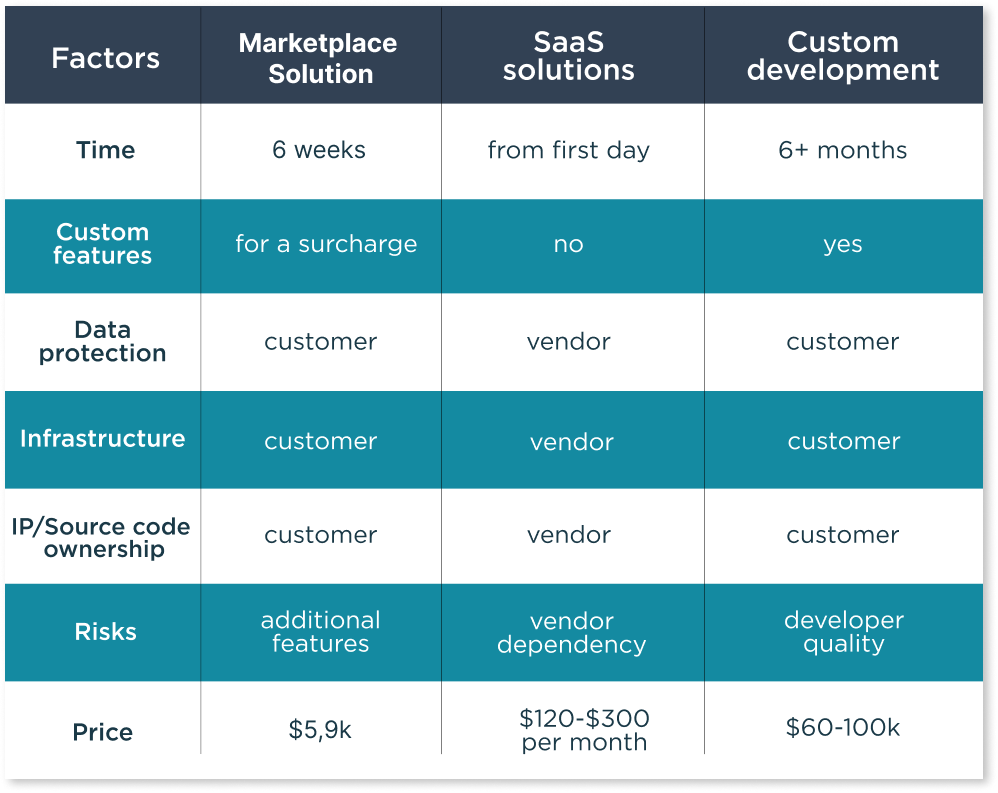
Custom development is one of the most budget-dependant and time-consuming way to build a marketplace but besides it, there is also a SaaS solution.
The way to use it is mostly straightforward and doesn't differ from other SaaS solutions. By buying a subscription you get access to an online builder with all the necessary features to launch your marketplace without coding. But you have to be ready that your marketplace does not completely belong to you, you might say that it is yours as long as you pay for a subscription. With such a marketplace you are fully dependent on the vendor infrastructure. Sharetribe is one such SaaS solution.
Marketplace solution is the best choice when it comes to launching your new business without a big budget and with a few risks.
So, we've gathered all the features into a single product, which is a ready-made marketplace template based on the open-source CMS Umbraco. It is a perfect combination of the advantages of all development options, combined with the reliability of the product.
Consulting
A consulting marketplace platform connects businesses and individuals with independent experts for short-term work or advice, benefiting both parties by providing a convenient space to showcase expertise and find the right professional.
Education
Create an online learning marketplace like Udemy, gathering global specialists from various fields. Develop webinar, workshop, and course pages, sorting them by individual attributes.
Horeca
Unite customers and distributors worldwide on a user-friendly platform, registering restaurants, cafes, hotels, and other HoReCa businesses to help them find potential partners.
Events and Travel
Manage events & tours by organizing, scheduling, and communicating with customers. Customize attributes like geolocation, duration, ticket price, and more for the event industry.
The features of our product satisfy all sides of the marketplace - administrator, vendor, and buyer.
Vendor features
Create an account and log in.
Users can easily sign up to create their accounts, providing necessary information such as email, password, and other relevant details.
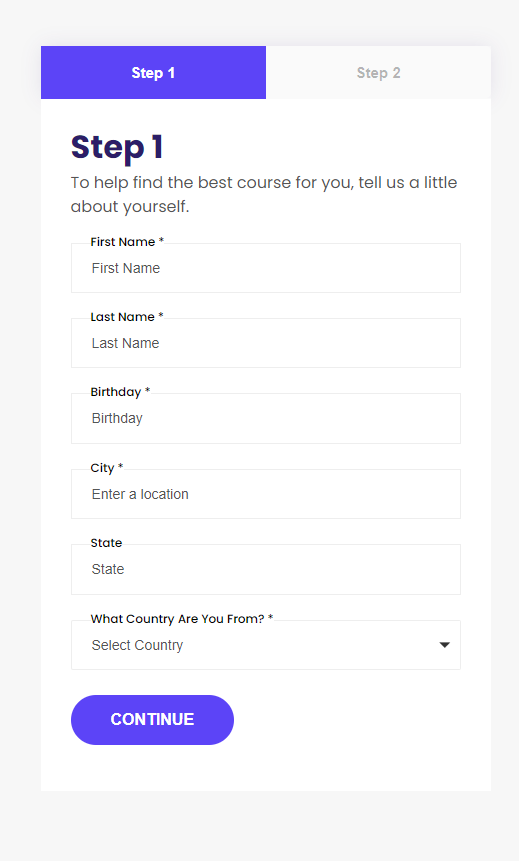
Add multiple users to the seller's account.
The platform allows the main seller to add multiple users under their account, making it more efficient for businesses with several team members or employees. This feature enables effective collaboration and streamlined management of tasks within the seller's account.

Develop individual seller pages with the option to include multiple locations.
Each seller can create a personalized page showcasing their products or services, along with essential details about their business. To cater to businesses with multiple branches or locations, the platform provides an option to include additional addresses or geographical information on the seller's page.
Product Listings & Pricing Control.
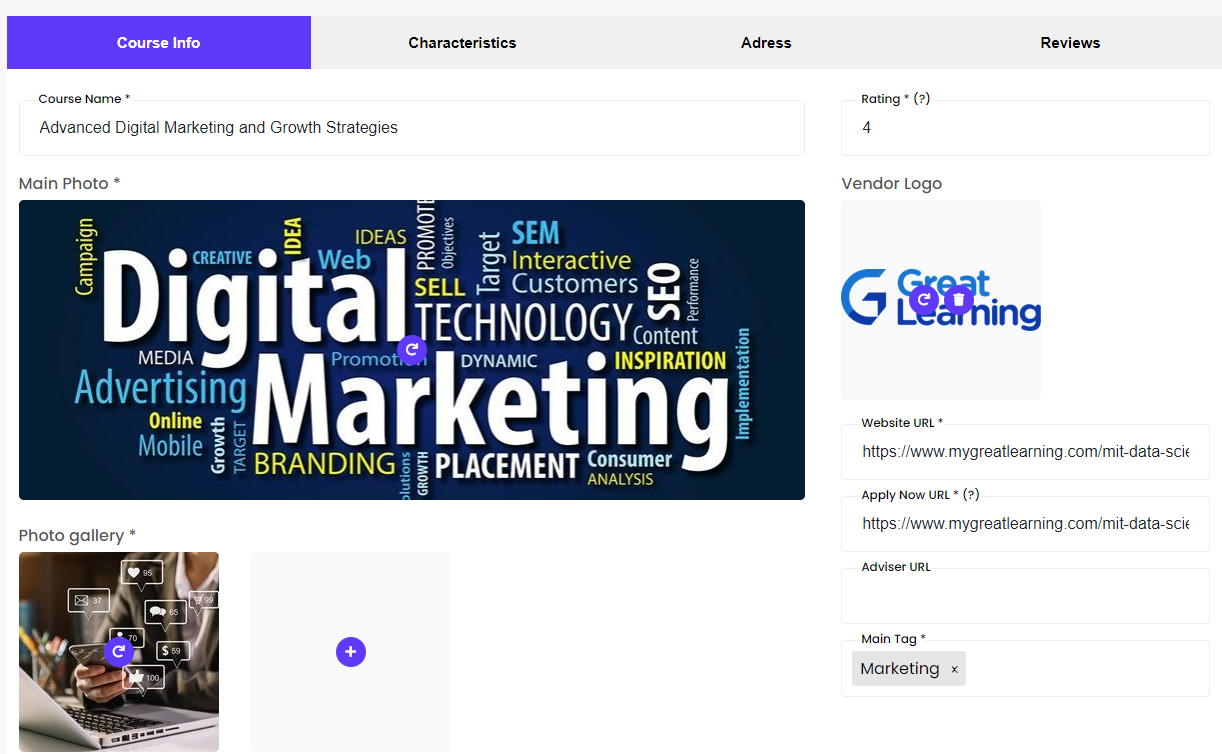
Product listings: Display goods or services along with their relevant information.
Photos: Include high-quality images showcasing the product from various angles.
Videos: Add short promotional videos demonstrating the product's features and benefits.
Descriptions: Write detailed descriptions, highlighting the unique selling points and specifications of each product.
Prices: Clearly display the prices of the products, including any discounts or promotions if applicable.
Availability: Indicate the current stock levels or availability of each item or service, updating in real-time when necessary.
Tags: Utilize tags to categorize products and enable users to filter and find relevant items more easily.
Enable options to ask for a quote, information, or proposal.
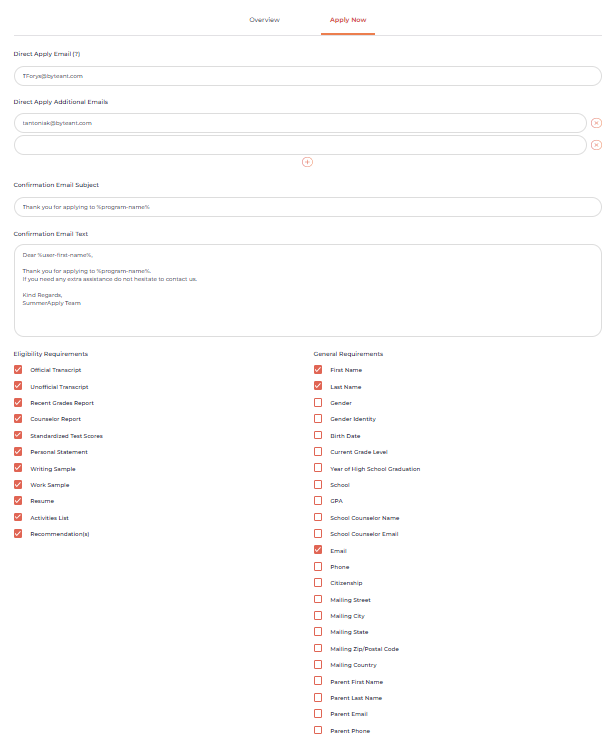
Provide users with selectable options to request a quote, gather more information, or submit a proposal request regarding products or services. This feature allows for better communication and engagement between buyers and sellers.
Get emails from interested buyers.
When buyers make requests, their emails are sent directly to the seller, facilitating prompt responses and fostering business relationships.
Gather and showcase feedback from buyers in the form of reviews.
Allow potential customers to see the experiences of others with the product or service, contributing to informed decision-making.
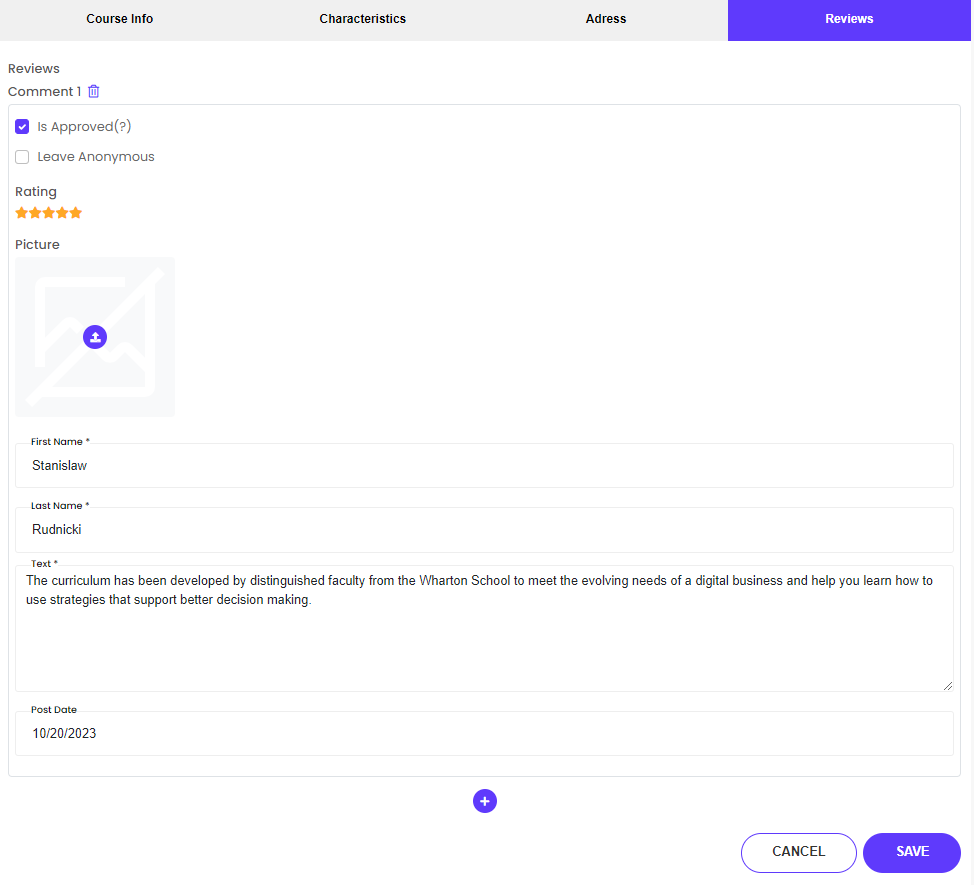
Buyer features
Create an account.
Users enter their email, password, and relevant information to sign up and log in.
Update personal information.
After logging in, users can modify their personal details to keep their profile up-to-date.
Explore companies and products.
Apply versatile filters, including keywords, locations, pricing, or full-text search, to refine and streamline the browsing experience.
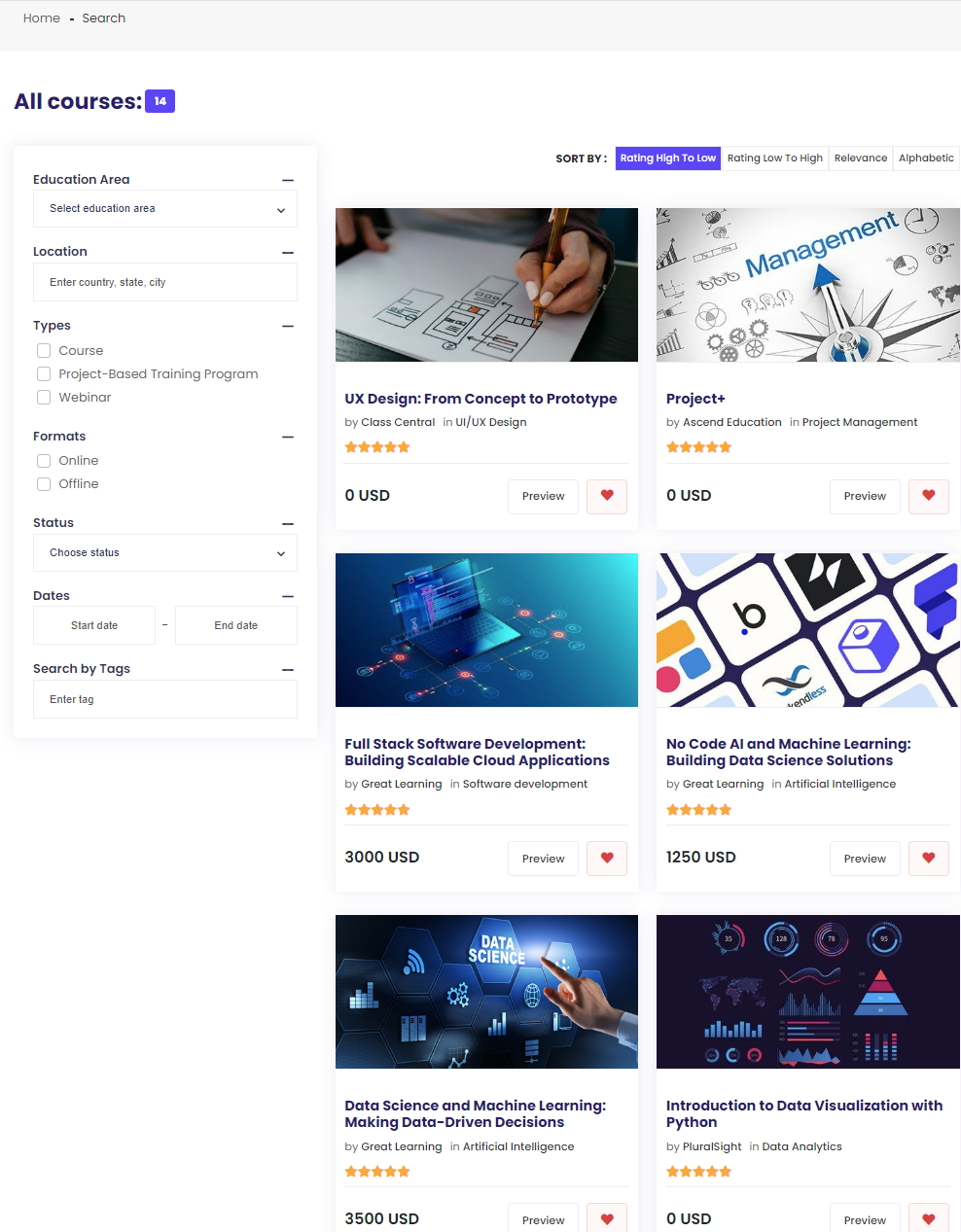
Booking and requests
Submit inquiries to sellers for quotes, additional details, or proposal requests regarding their products or services to facilitate communication and informed decision-making.
Reviews and feedback
Provide feedback by submitting reviews and testimonials about products, companies, or services, contributing to the shared experiences of other users

Favorites
Include products in the favorites list for easy retrieval, allowing users to quickly access and revisit their preferred items.

Administrative features
Dynamic Filter Management.
Dynamic Filters feature is designed to enhance user experience and improve product discovery on marketplace platforms. It helps users to sort and display products based on their specific preferences or criteria and change in real-time.
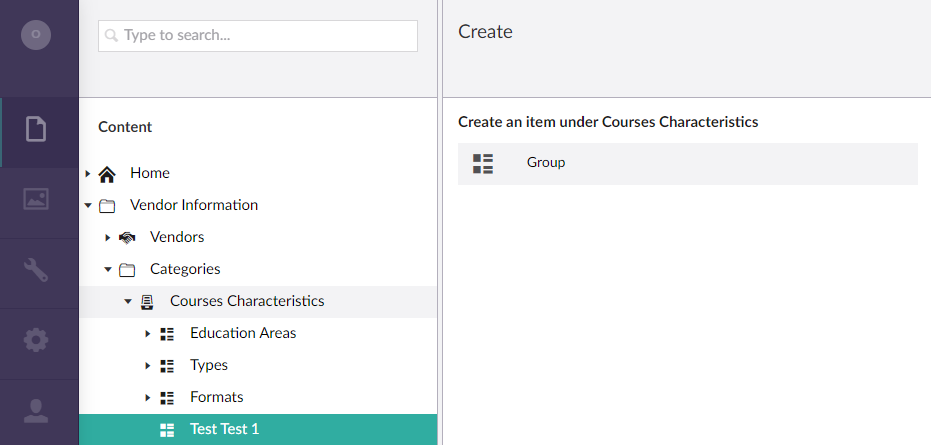
Content creation
Develop engaging content pages such as blog entries, articles, or events so your audience can revisit a marketplace.
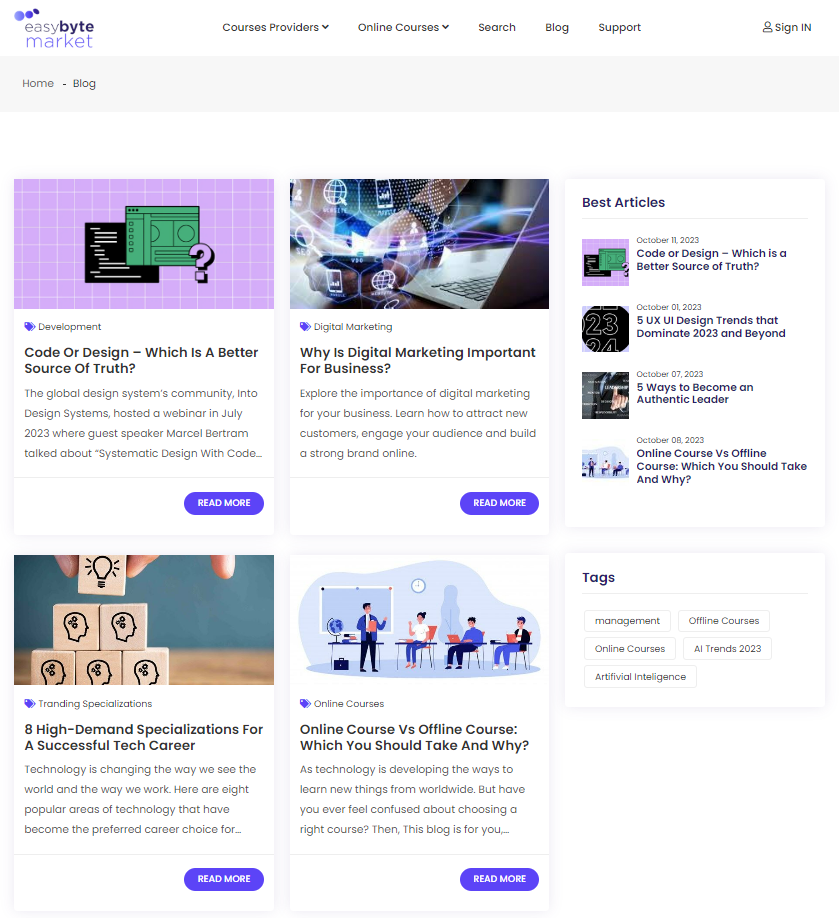
SEO enhancement.
All pages of the marketplace are not only well-organized and designed but also SEO optimized. The solution has the ability to write descriptions and keywords for all pages and easily generate sitemaps for better search engine visibility.
Analytics.
Every marketplace needs an analytics dashboard to measure your business success. Our solution allows to analyze such important data as sales data, product views, product clicks, and additional insights.
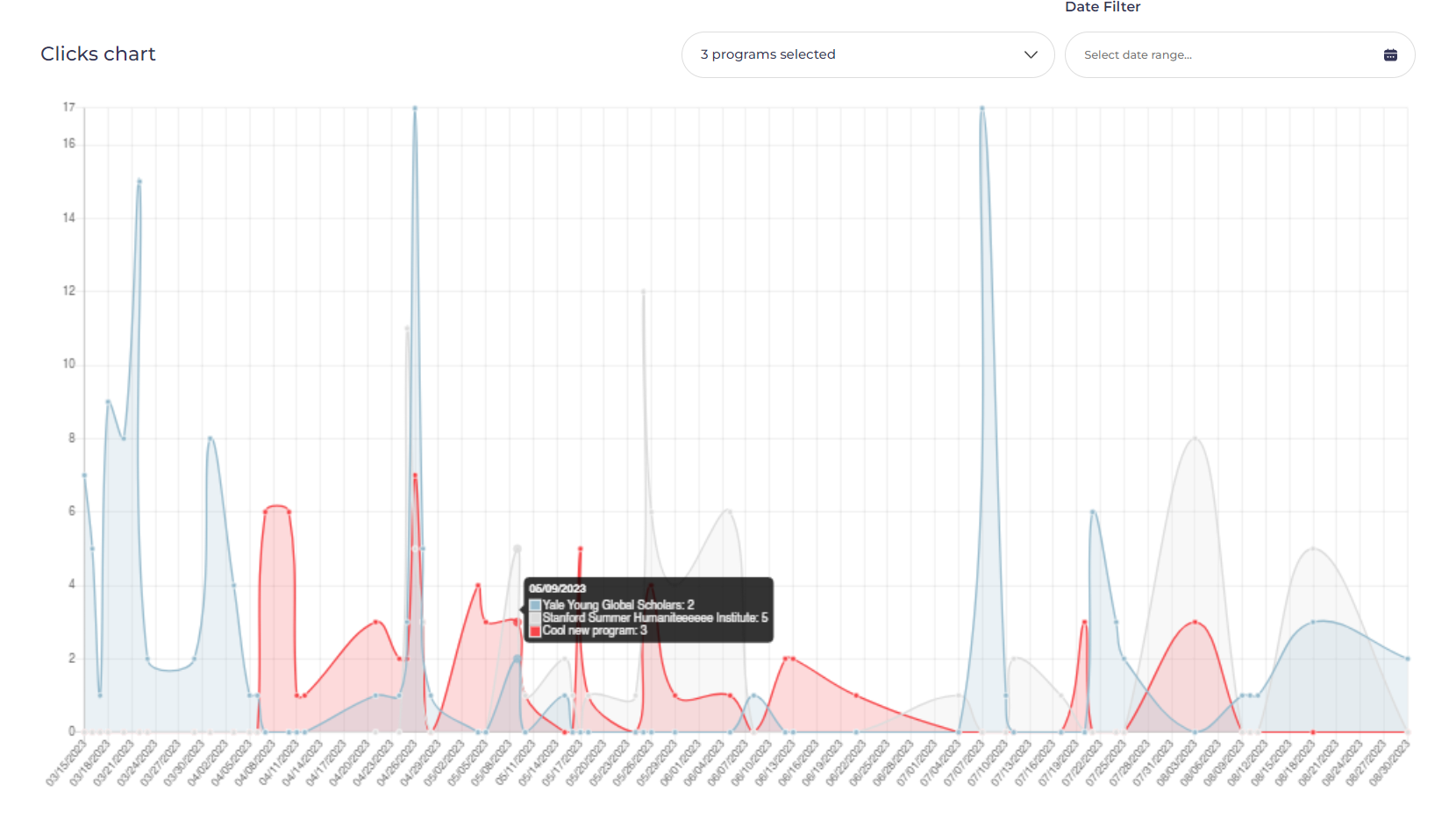
No single solution encompasses all the essential features for every user. There will invariably be particular requirements that necessitate extending the core functionality of a product. To accommodate these needs, we've designed our product to be as adaptable as possible for supplementary enhancements. This allows for the creation of a truly bespoke solution that caters to even the most discerning customer. Below are a few instances of previously implemented extensions that expand upon the foundational features:
Booking Module
Enables users to effortlessly book and reserve services or products provided by sellers on a platform.
Payment Module
Allows to implement seller monthly subscription type of monetization. This type of monetization means that sellers of your marketplace have the option to buy a subscription which opens a certain amount of additional features.
The payment is made through payment providers such as Square or Stripe for safe and easy online transactions which allows one to view a record of previous purchases for reference and simplifies financial transactions with automated invoicing.
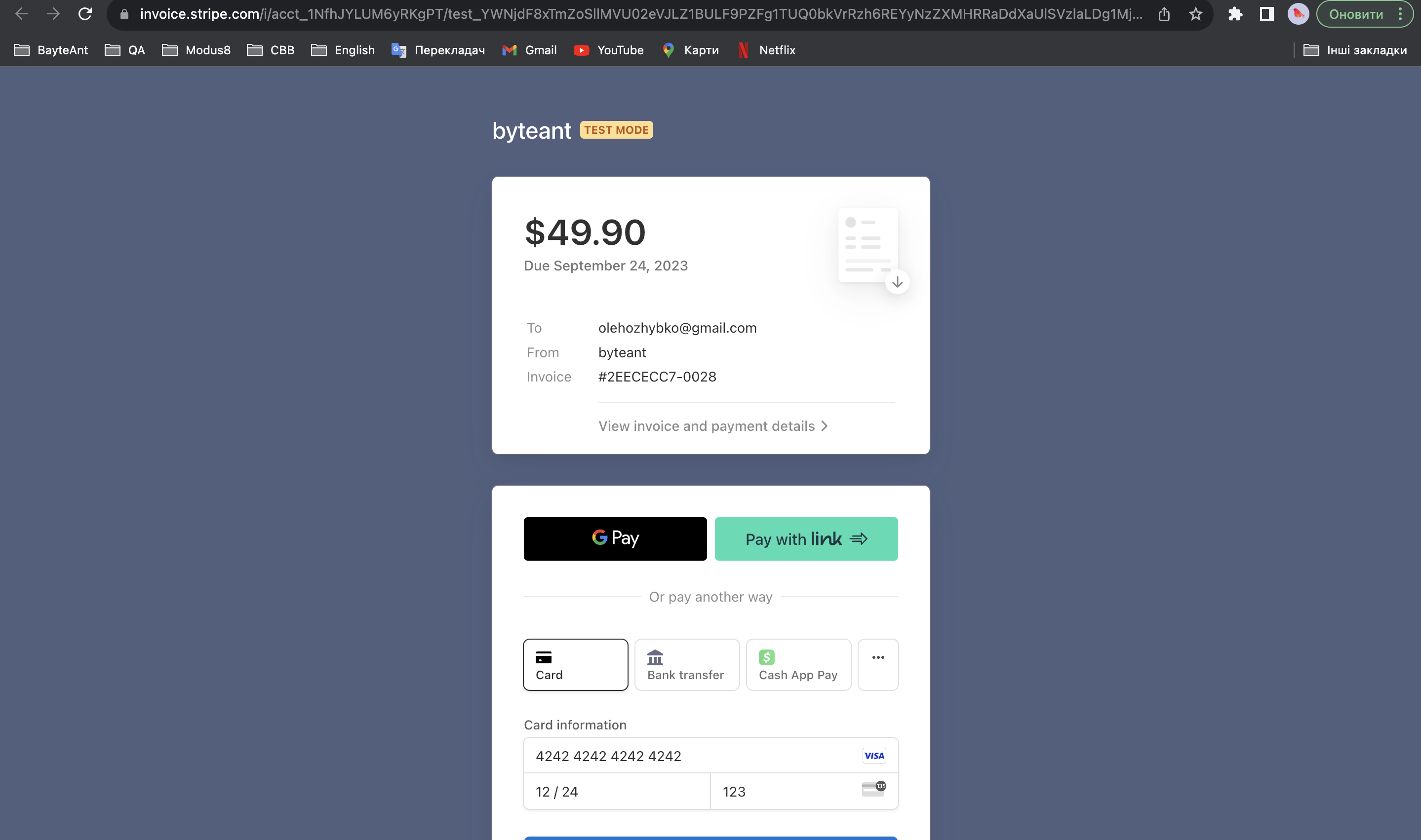
Pricing Module
Implementation of time-limited discounts and generation of promotional coupons to customize pricing strategies that align with sellers' business objectives.
Communication Module
Provides sellers and buyers with various effective communication tools, such as chatbots, in-app messaging, and other alternatives.
And these are only a fraction of possible features expansion possible with our product.
Our marketplace solution offers numerous benefits for businesses that are considering building their own marketplaces such as few risks, much cheaper than a custom solution, a shorter period of time to release the finished product, the ability to scale the product, and the help of an experienced team specialized in such products.
If you want to try to build your marketplace using such a solution, please let us know.